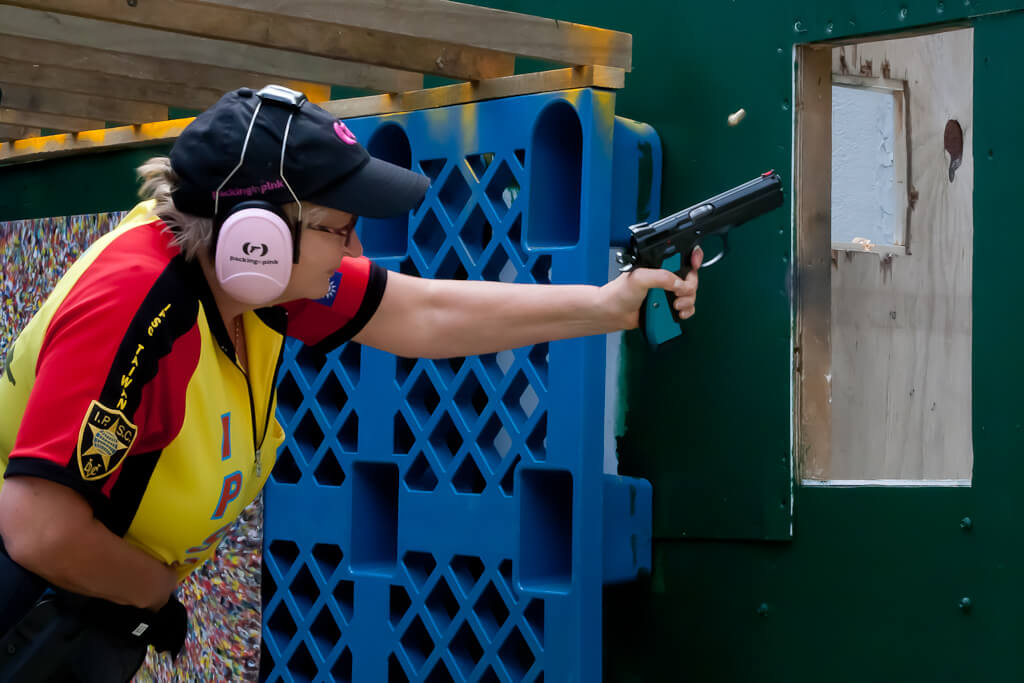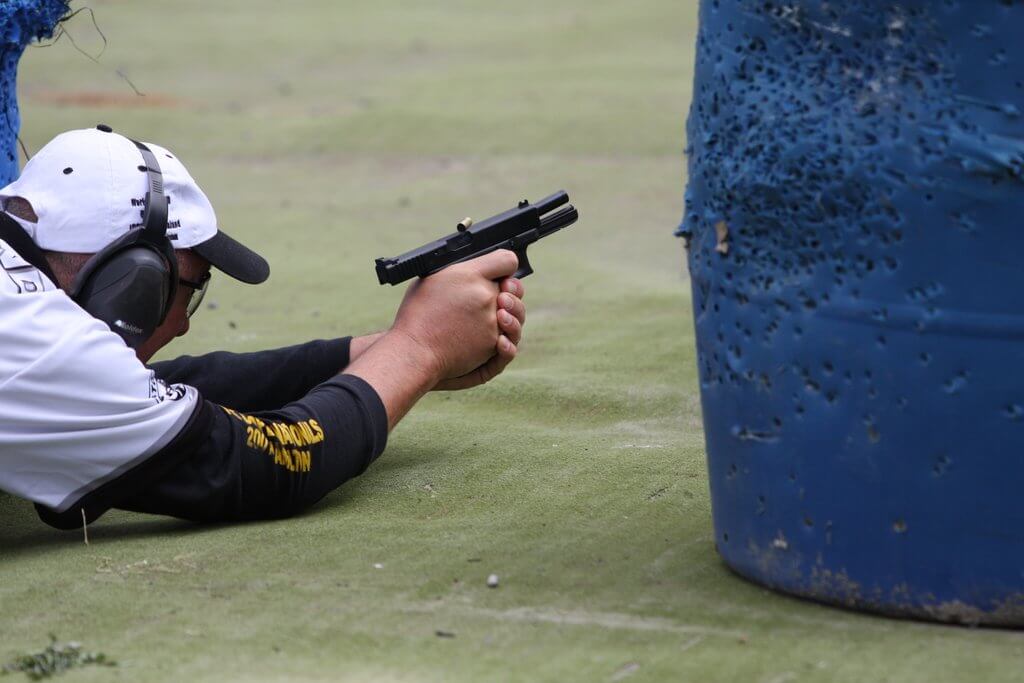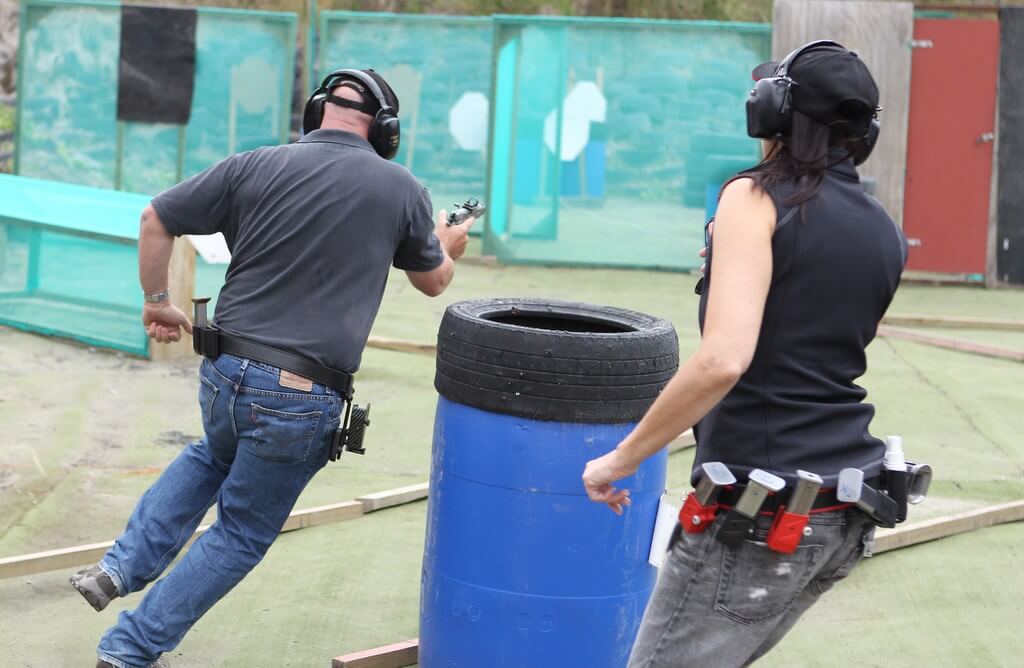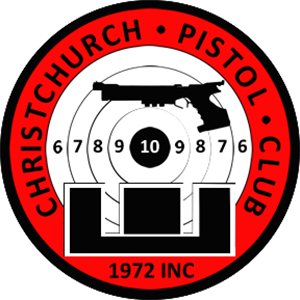What is IPSC?
You may have seen it on television, in a gun magazine or at a local range. A shooter runs through an obstacle course of props, whilst rapid-firing. Paper targets and steel plates are engaged, rapid-fire, as moving targets are activated and drop in and out of sight. Incredible feats of shooting skill are performed at warp speed. What you viewed on the YouTube clip are practical shooting competitions, known by the initials IPSC (International Practical Shooting Confederation, pronounced ‘Ip Sic’) and this is both a sport and a game. In some countries this game mimics the way in which handguns are used for defensive purposes. Here, it is a test of shooting skill and to a lesser extent a test of mental and physical skills.
Practical shooting is a sport in which competitors are required to combine accuracy, speed and power to successfully complete many different types of shooting ‘scenarios’. Competitors use centre fire handguns in large calibres (9mm/.38 special is the minimum allowed) and shoot full-power loads. Fewer points are awarded to competitors using ‘minor’ power loads. These handguns are carried in belt holsters and are accompanied by spare magazines in pouches also attached to the belt.
At any given match a shooter may be required to shoot targets 2 meters away in one stage, and 50 meters away in the next. Sometimes the targets are paper, sometimes they are steel. Often ‘no-shoot’ penalty targets are placed near ‘shoot’ targets. Points are subtracted from a shooter’s score for hitting the ‘no-shoots’. Shooting may be done from freestyle, strong hand, weak hand, prone or any other imaginable position, depending on the course of fire. Since scoring uses both total points and elapsed time, the shooters strive to find the best combination of accuracy, speed and power to win.



IPSC & Safety
IPSC is at all times a VERY safe sport. Because shooters are moving with loaded guns, only one shooter competes at a time, under the watchful eye of a trained range officer. The slightest safety or rule violation disqualifies that competitor from further competition in that match.
Accuracy VS Speed
Of all the pistol shooting disciplines IPSC takes the longest to learn. Once you have learnt to compete safely, IPSC is really about problem solving. Because there is almost never a set way to shoot a course you have to work out how to do this – when to reload, when to move, where to shoot from, how fast to shoot and where the targets are. While accuracy matters (you cannot miss fast enough to win), your score is divided by your time, so speed matters too.
Each stage is different, set up for the purpose and it is unlikely you will ever shoot the same stage again. There might be just one shot required, or as many as 32 if you hit everything first time, but you can shoot until all targets have been shot as the rules require. As long as you are safe and follow the rules, how you shoot this is up to you.
The sport recognises many different aspects of individual excellence. There is a wide diversity of attitudes among the shooters at a match. For some, the match is part monthly practice, part social occasion. They enjoy the challenge, the fun and social aspects of the sport and don’t take things too seriously. At the other end are the athletes, the serious competitors.

